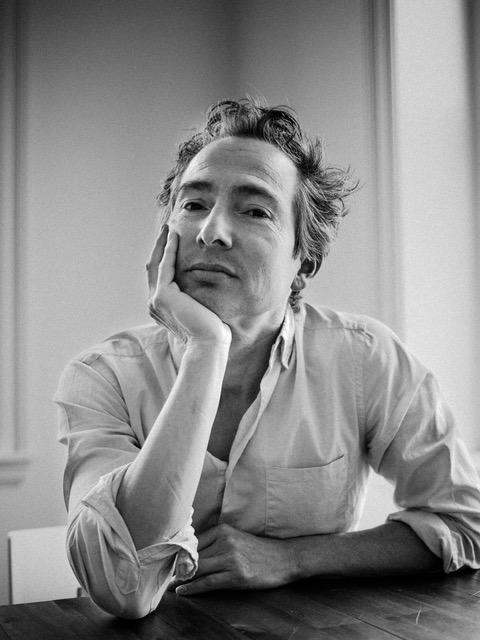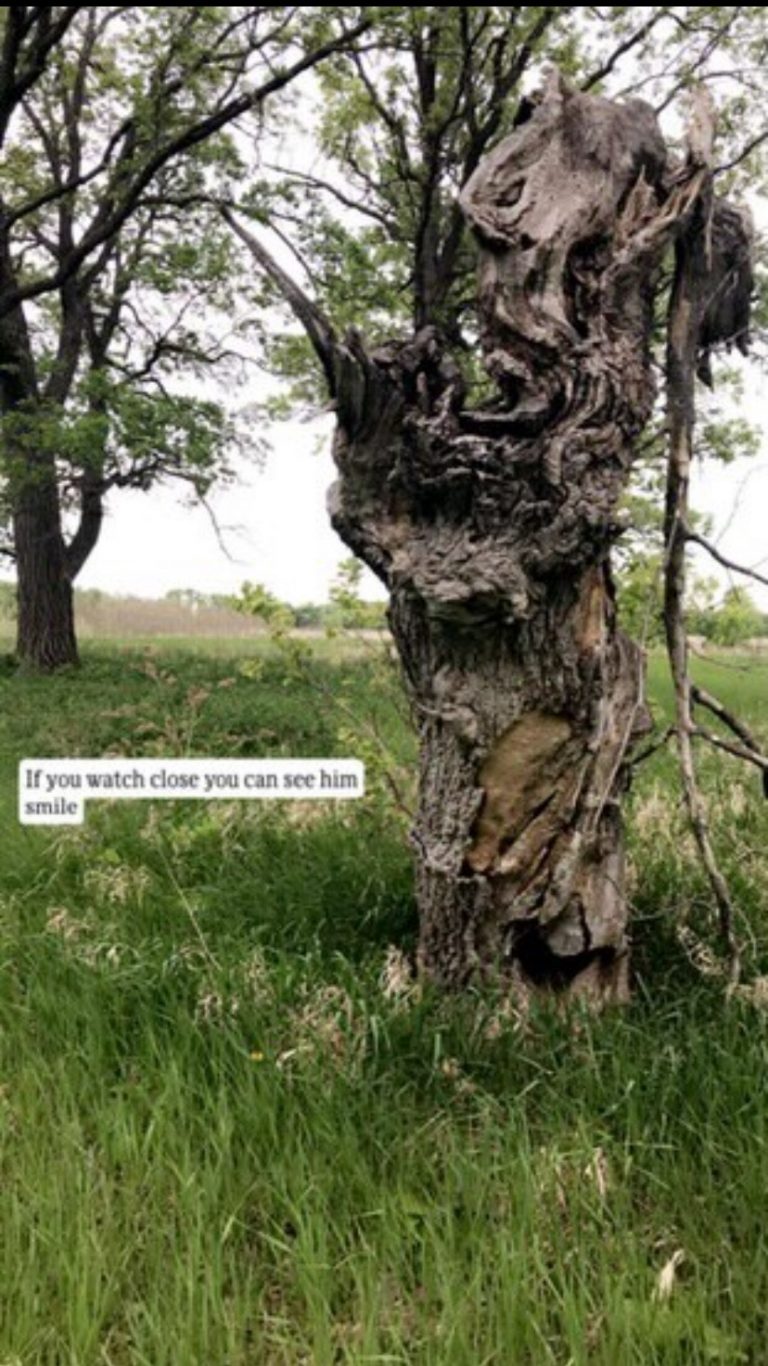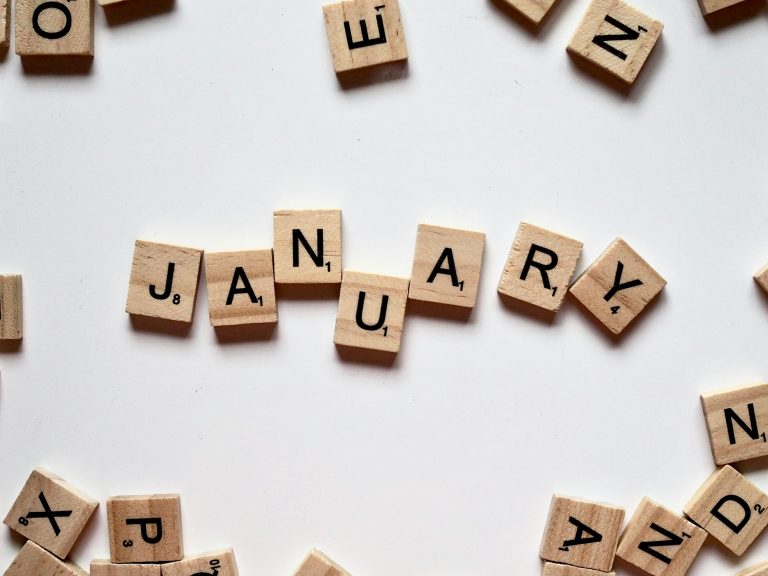Lisa Rakow-Drafall
If you say you don’t get introspective at the New Year, I wouldn’t believe you. Since Babylonian times, the dawn of a new year has been celebrated as a moment of hope and possibility. We mark this time with resolutions, rituals, and reflections, and I believe, a little bit of hope for things to be better.
The truth is things never stay the same. This is one thing I can say with absolute certainty. Next year will be different than any year before it, the same way every year has evolved humankind into some newer form of what was. Yet, we resist change with everything we have. It’s the great dichotomy of human existence: we yearn for life to improve while clinging to all of our comfort zones.
And when the stagnation sets in, we blame. Sometimes we blame ourselves—self-loathing masquerading as accountability. Sometimes, we cast the blame outward, searching for scapegoats to explain why life isn’t what we imagined it could be. But blame never moves us forward. It chains us to the past, leaving us stuck in the gap between who we are and who we want to become.
So, how do we reconcile this? How do we navigate the tension between longing for transformation and fearing its cost? The answer, I believe, lies not in grand resolutions but in quiet, intentional practices that reshape how we see ourselves and the world.
There’s a simple truth that has guided me in moments of uncertainty: our perception of life shapes our reality. I know, that sounds really new agey, and I don’t mean it to sound that way, but it is indeed how it works.
Did you know our body feels our feelings before our brain does? Our brain then decides on how to interpret those feelings. Similarly, there is no physiological difference between fear and excitement, only a psychological one.
But gratitude is the most powerful feeling of all, and it is one of the few feelings we can actively choose. And gratitude, as humble as it sounds, can be transformative. Gratitude isn’t about counting blessings; it’s about anchoring ourselves in the belief that we are part of something larger—a belief that no matter what, we’ll be okay.
Gratitude is more than a mental exercise. It’s a lens that reframes how we experience life’s challenges. To bring us back to “our perception shares our reality.”
When we practice gratitude, we shift from seeing ourselves as victims of circumstance to recognizing our capacity for resilience and connection. It doesn’t erase pain or hardship, but it offers perspective—a reminder that even in the darkest moments, there is light to be found.
Psychologists have shown that gratitude rewires the brain, strengthening pathways associated with positivity and resilience. But gratitude also transcends science. When we express it—whether through a whispered prayer, a journal entry, or a moment of reflection—it feels as if we’re tapping into something universal, something that reminds us we are not alone in this world.
Of course, gratitude alone doesn’t solve everything. Change still demands something from us: action, adaptability, and, most importantly, the courage to let go of what no longer serves us. I’ve recently learned a term called “psychological flexibility” that I think is a great way to start 2025 in a state of gratitude.
Psychological flexibility is the ability to accept life’s unpredictability, adapt to it, and as an old mentor of mine used to say, “Move forward with dignity and grace.” That doesn’t mean we’re always right, or always wrong, it just means we move forward to the next best course.
For example, I’ve often found myself saying aloud, “I am experiencing sadness,” instead of saying “I am sad.” It’s not a declaration of defeat but an acknowledgment—a way of reminding myself that emotions, like weather patterns, pass. In that moment, I am not my sadness; I am the observer of it. Naming it allows me to hold it lightly, rather than letting it hold me.
This practice has taught me that emotions, both painful and joyful, are part of what it means to be alive. They connect us to our humanity and remind us that, even in struggle, we are capable of growth.
In our resistance to change, we often forget one fundamental truth: life itself is in constant motion. The first law of thermodynamics is that energy can neither be created nor destroyed. It just changes forms, and gratitude can change the form of our lives.
As the clock strikes midnight and a new year begins, I won’t be making resolutions. Instead, I’ll take a time to be grateful for all that 2024 brought, and to be hopeful for what 2025 will bring.
Change is inevitable. But how we experience it—that’s up to us. So, as you step into the New Year, I leave you with this: Seek gratitude not just for what is but for what could be. Embrace your emotions, even the hard ones, as reminders of your humanity. And above all, trust that you are not alone.
Here’s to a year of growth, transformation, and quiet, intentional hope.



